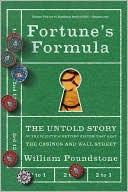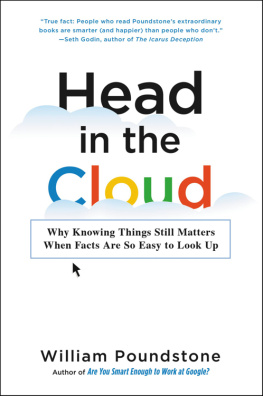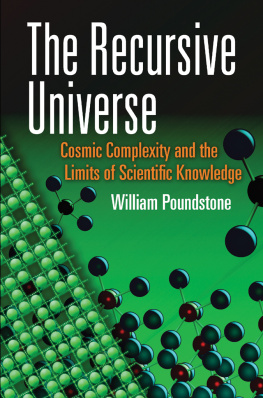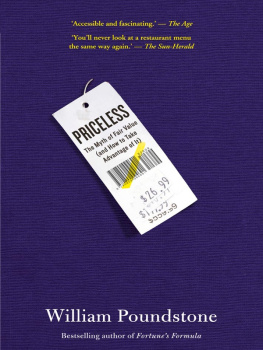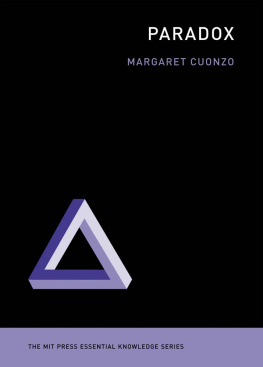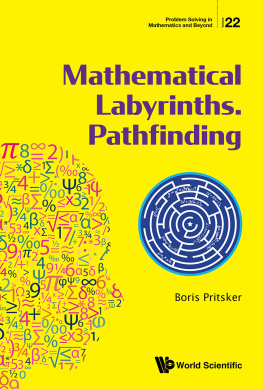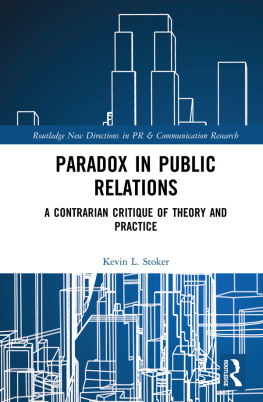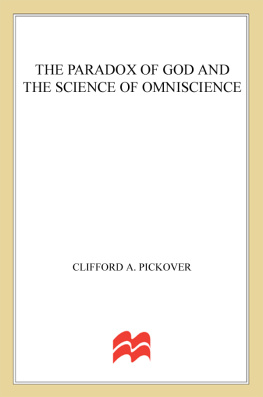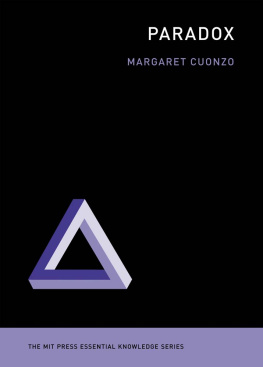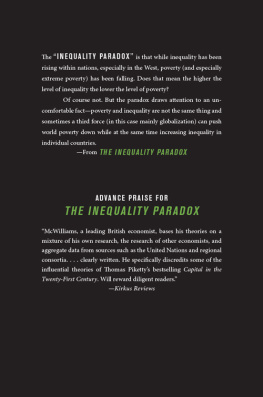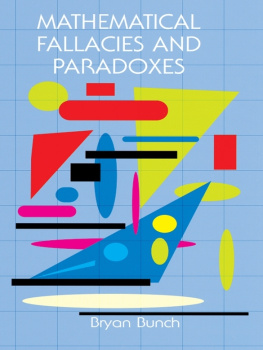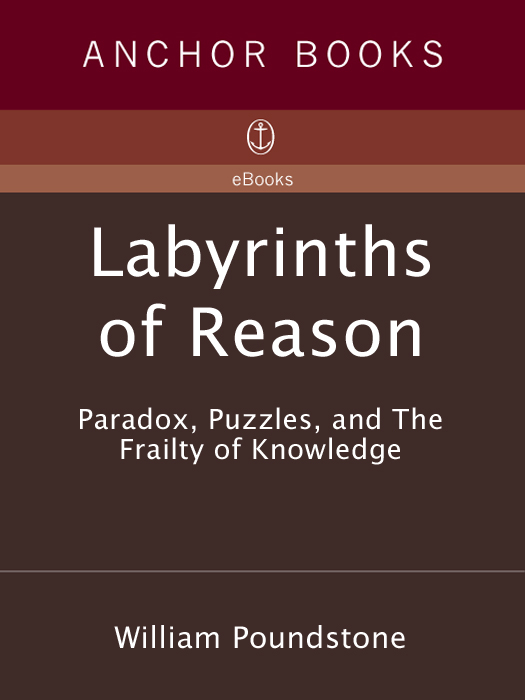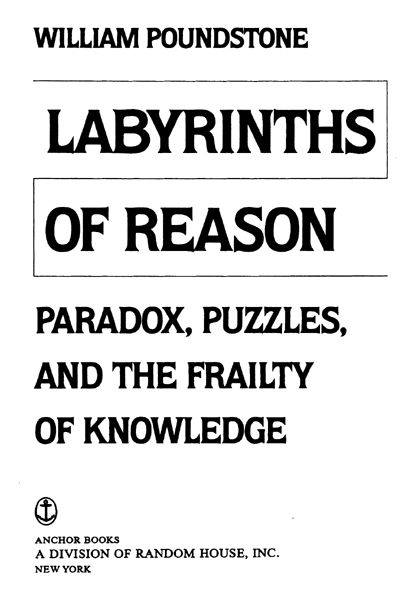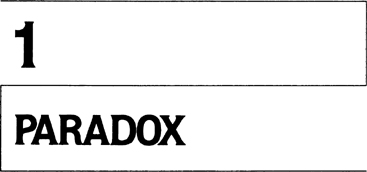To William Hilliard, Jr.
Contents
PART ONE
B LUE SKY, sunshine, dj vu glazed with dread. Something horrible is going to happen about now. It is a perfect summer day in a meadow of tall grass. J.V. is following her brothers, lagging lazily behind. A shadow falls on the ground; something rustles the grass. J.V. turnsshe cannot help it, it is what happens nextand sees a strange man. He has no face, like a minor character in a dream. The man holds something writhing and indistinct. He asks, How would you like to get into this bag with the snakes?
J.V.s encounter is an unlikely milestone of twentieth-century thought. J.V., a fourteen-year-old girl, was not in a summer field but on an operating table in the Montreal Neurological Institute. Her physician, Wilder Penfield, was attempting an experimental operation to relieve her violent epileptic seizures. The operating team had removed the side of J.V.s skull to expose the temporal lobe of the brain. In order to locate the site of the attacks, Penfield probed the brain with an electrode connected to an EEG machine. The surgery was a collaboration between physician and patient. J.V. had to remain conscious throughout and help locate the site of the seizures. When Penfield touched the probe to a certain spot on J.V.s temporal lobe, she again found herself in the field of grass
J.V.s experience with the strange man had occurred seven years earlier, in Canada, in what we call the real world. She reported seeing herself as she was then, a seven-year-old girl. J.V. had been frightened but not physically harmed, and ran crying home to her mother. These few moments of terror were to haunt her over and over. The man with the bag of snakes entered her dreams, made them nightmares. The trauma became interwoven with her epileptic seizures. Like a madeleine, a fleeting recollection would trigger the whole memory, then an attack.
Under the EEG probe, J.V. not merely recalled but relived the encounter. All the richness of detail, all the lucid horror of the original experience, came back. Penfields probe caused the brain to replay past experiences like a movie. With bits of lettered or numbered paper, Penfield kept track of the sites on the cerebral cortex associated with the recollection. Touching nearby points produced different sensations. When the probe touched one point, J.V. recalled people scolding her for doing something wrong. Other sites produced only a phantasmagoria of colored stars.
Brains in Vats
Penfields classic brain experiments of the 1930s inspired a certain famous riddle, long since dubbed brains in vats by philosophy students. It goes like this: You think youre sitting there reading this book. Actually, you could be a disembodied brain in a laboratory somewhere, soaking in a vat of nutrients. Electrodes are attached to the brain, and a mad scientist is feeding it a stream of electrical impulses that exactly simulates the experience of reading this book!
Lets expand a little on the anecdote to see the full force of this. At some indistinct past time, while you were sleeping, your brain was removed from your body. Every nerve was severed by skilled surgeons and attached to a microscopic electrode. Each of these millions of electrodes is hooked to a machine that produces tiny electrical pulses just as the original nerves did.
When you turn the page, it feels like a page because the electrodes send your brain exactly the same nerve impulses that would have come from real fingers grasping a real page. But the page and the fingers are illusion. Bringing the book closer to your face makes it look bigger; holding it at arms length makes it look smaller 3-D perspective is simulated by judiciously adjusting the voltages of the electrodes attached to the stump of the optic nerve. If, right this instant, you can smell spaghetti cooking and hear dulcimer music in the background, that is part of the illusion too. You can pinch yourself and receive the expected sensation, but it will prove nothing. In fact, theres no way you can prove that this isnt so. How, then, can you justify your belief that the external world exists?
Dreams and Evil Geniuses
To anyone with a skeptical turn of mind, the brains-in-vats paradox is both appealing and infuriating. There is something fascinating about the demonstration that, just possibly, everything you know is wrong!
Despite the influence of Penfield and other brain researchers, doubts about the reality of the world are not a uniquely modern malaise. Brains-in-vats is simply a stronger version of older riddles asking How do you know this isnt all a dream? Best known of these is the Chinese tale of Chuang-tzu, dating from the fourth century B.C . Chuang-tzu was the man who dreamt he was a butterfly, then awoke to wonder if he was a butterfly dreaming he was a man.
Chuang-tzus fable is unconvincing. It is true that we usually dont realize were dreaming in our dreams. But a waking person always knows that he is not dreaming. Doesnt he?
Opinions differ. In his First Meditation (1641), French philosopher and mathematician Ren Descartes decided he could not be absolutely sure he wasnt dreaming. Most people would probably disagree with Descartes. Youre not dreaming right now, and you know it because experiences in dreams are different from those in waking life.
Saying exactly how theyre different is difficult. If waking life is absolutely, unmistakably different from a dream, there ought to be some surefire test you can perform to distinguish the two. For instance:
Theres the old gag about pinching yourself to see if youre dreaming. The rationale is apparently that you dont feel pain in dreams. But I have felt pain in dreams, and suspect that everyone must from time to time. Scratch that test.
Since few dreams are in color, the red rose on your desk proves youre awake. Again, the dream sensation of color is not all that rare. Many people dream in color, and even if you never have, this could be the first time.
Real life usually seems more detailed and coherent than dreams. If you can examine the wall before you and see every minute crack, that means youre awake. If you can add a column of figures, then check the result with a calculator, youre awake. These tests are more telling though still not foolproof. (Might not you dream about seeing tiny cracks in the wall after hearing that the cracks prove you are awake?)
Some say that the very fact that you are wondering whether you are dreaming or awake proves you are awake. In waking life, you are aware of the dream state, but while dreaming you forget the distinction (and think you are awake). But if that were true, you could never have a dream in which you realize you are dreaming, and such dreams are fairly common with many people.
I propose this test, based on what might be called coherent novelty. Keep a book of limericks by your bed. Dont read the book; just use it thus. Whenever you want to know if you are dreaming, go into your bedroom and open the book at random (it may of course be a dream bedroom and a dream book). Read a limerick, making sure it is one you have never read or heard before. Most likely you cannot compose a bona fide limerick on a moments notice. You cant do it when awake, and certainly not when asleep either. Nonetheless, anyone can


